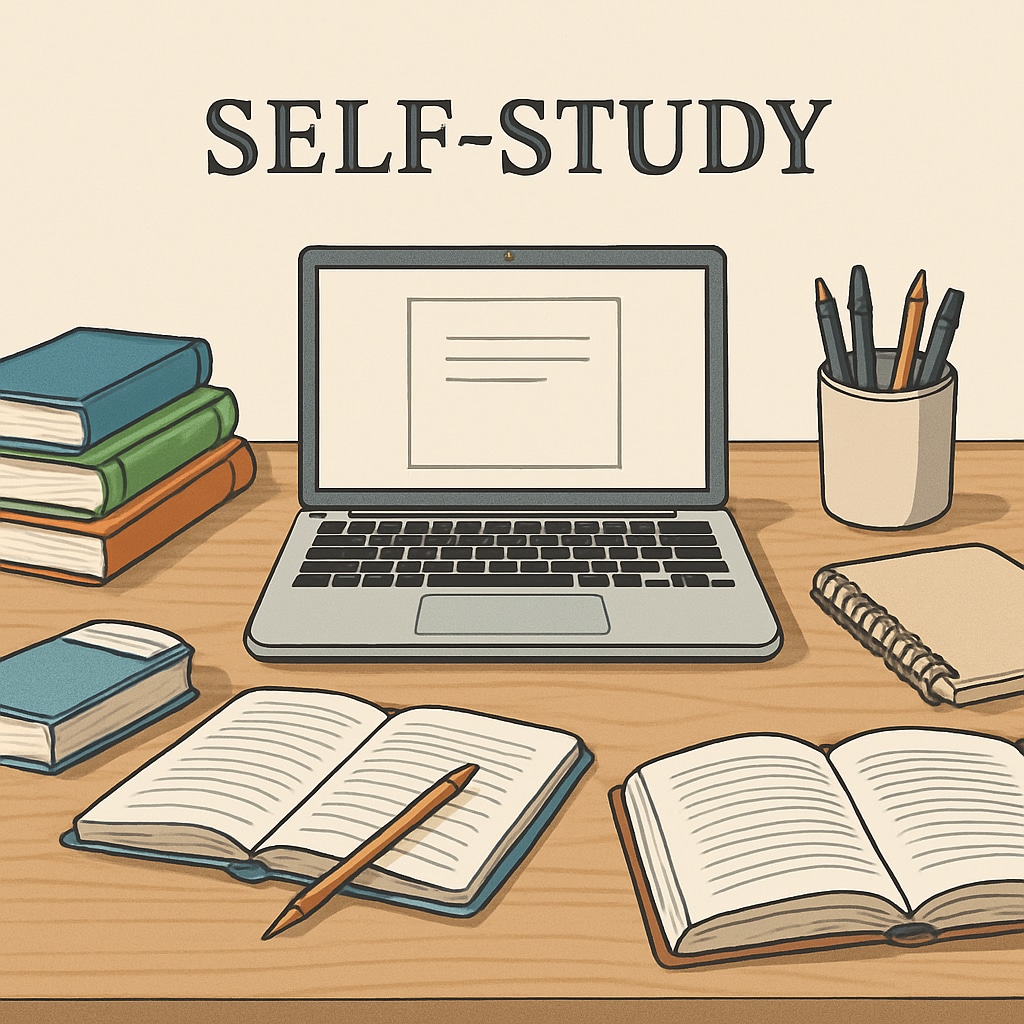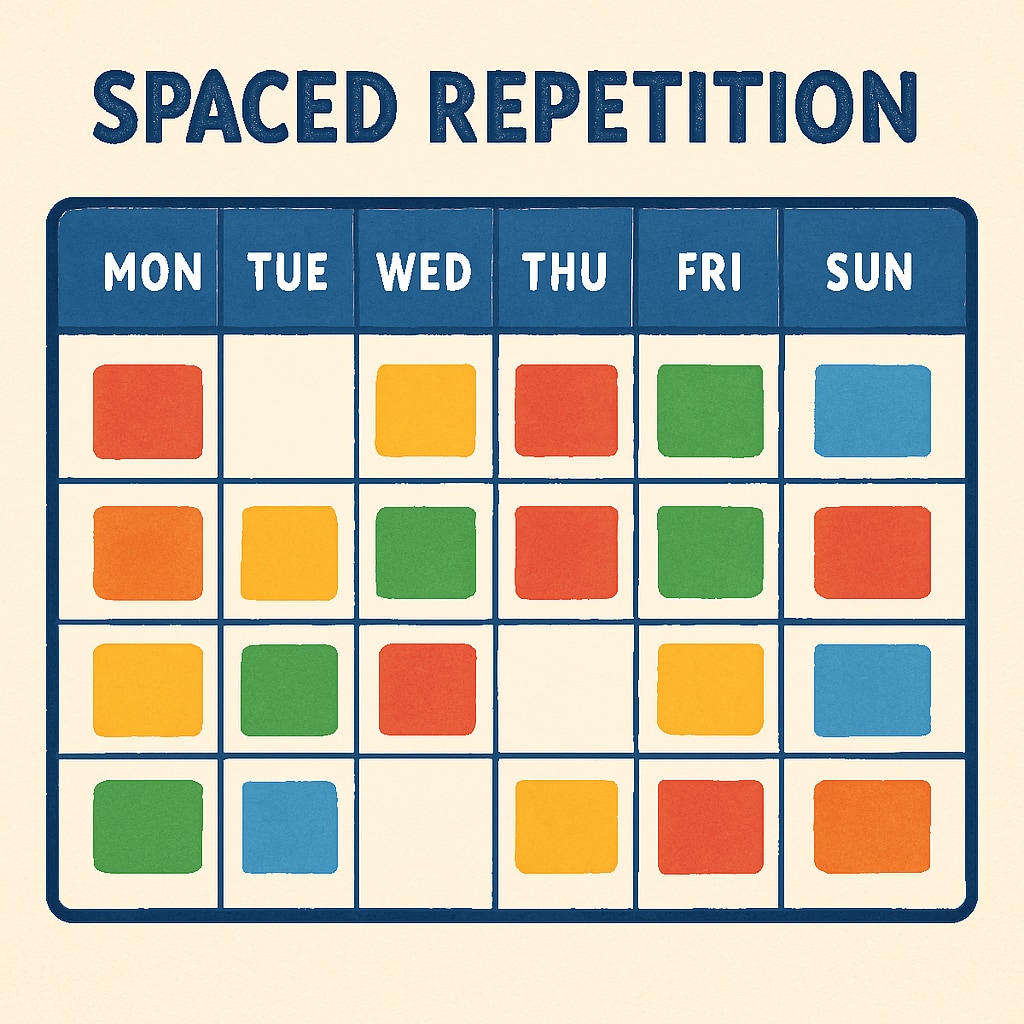Educational gaps, foundational knowledge deficits, and learning challenges often stem from childhood circumstances beyond one’s control. However, adulthood presents unique opportunities to systematically address these gaps.

The Psychology of Addressing Learning Deficits
Before embarking on this journey, it’s crucial to overcome psychological barriers. Many adults feel shame about their knowledge gaps, but research from the Adult Education Wikipedia page shows this is more common than perceived. Consider these mindset shifts:
- Reframe gaps as growth opportunities rather than deficiencies
- Recognize that adult brains can form new neural connections (neuroplasticity)
- View learning as a continuous process rather than a race
Strategic Approaches to Knowledge Building
Effective learning requires deliberate strategies. The Britannica entry on learning theory suggests these methods work particularly well for foundational knowledge acquisition:
- Start with diagnostic assessments to identify specific gaps
- Create a structured learning plan with measurable milestones
- Use spaced repetition techniques for better retention

Practical Resources for Self-Education
Fortunately, numerous high-quality resources now exist for independent learners:
- Free online courses from platforms like Khan Academy
- Community education programs at local colleges
- Targeted workbooks for foundational skills
Readability guidance: Use transition words naturally (however, therefore, for example). Keep sentences concise (12-16 words average). Maintain active voice for engagement.


